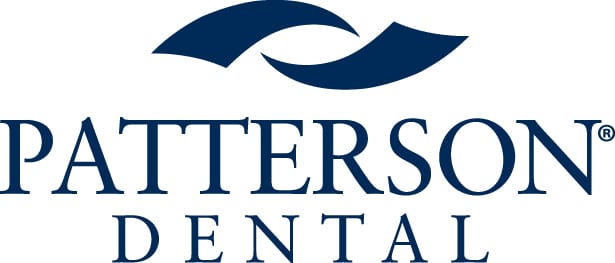By: Steve Carstensen DDS
Topic originally appeared on Pankey.org: Dr. Carstensen allowed permission for igniteDDS to share with our readers
Sleep apnea is a serious sleep disorder in which breathing stops and restarts many times while sleeping. This will result in not enough oxygen taken by the body, so these patients sleep with their mouths open and have snoring problems.
This condition becomes a problem not just for the patients themselves, getting poor quality of sleep, and having dry mouth in the morning which results in increasing risk for cavities, but for other people around them also.
Importance of Knowing How to Diagnose
It is important for you as a clinician to know how to diagnose and treat this condition in your practice properly, knowing the above consequences if left untreated, and the percentage of American people that suffer from that.
80% of cases of moderate and severe obstructive sleep apnea go undetected, and the number of Americans with sleep apnea is believed to be 22 million.
Integrating dental sleep medicine into your practice can be a great way to engage yourself and your team and serve your patients in a powerful way that will improve their overall health.
Dental Sleep Medicine Involves the Whole Team
Adding dental sleep medicine to your mix of services requires the entire team to gain new knowledge of the role of sleep and the diagnosis of a sleep-breathing disorder, as well as how we can utilize dental devices as adjunctive therapy.
This has to be combined with ‘dental’ concerns such as muscle pain, temporomandibular joint disorders, missing or loose teeth to finalize a treatment recommendation.
Working through complex multi-factorial diagnostic and treatment planning decisions is part of practicing dentistry, and we simply apply these skills to the additional medical information that is pertinent for patients with a sleep-breathing disorder.
When any new service or technique is added to our daily repertoire in a busy dental practice it can cause disruptions, stress, and challenges that some dental teams won’t be able to see past to get the rewards that come from all the hard work. In addition to acquiring the technical expertise make sure you have prepared your team, and you may benefit from expert advice and finding meaningful mentors that can assist you.
A complicating factor for many offices is the choice to submit sleep therapy to medical insurance. Most dental offices are not equipped for medical billing and many financial administrators, perfectly comfortable with dental claim forms, find themselves mystified at the nuances of submitting to a host of unfamiliar payers.
Fortunately, professional medical billers have stepped up to help, but even making this agreement requires dentists to stretch their knowledge and get expert advice in new areas of healthcare.
Why Choose Dental Sleep Medicine
While dentists often improve people’s lives in fantastic ways with pain relief, reducing infection and inflammation, and beautifying smiles, rarely do we have the opportunity to give them a chance to live longer. Obstructive sleep apnea left untreated is proven to shorten life expectancy.
Treating the disease will enable people with persistent hypertension to reduce their blood pressure. Bed partners of snorers whose airways are opened improve their quality of life. Often married partners who had chosen to sleep separately reconcile into one bedroom.
When someone sits with our team and tells us how much better they enjoy dreaming again after years of missing it, our days are brighter!
If you would like to develop your knowledge about dental sleep medicine, and learn about the realities of introducing it into your practice, I recommend the Pankey’s Essentials Series, where we cover the basics of Dental Sleep Medicine.
Keep Reading: Post-Orthodontic Questions for Retainers


